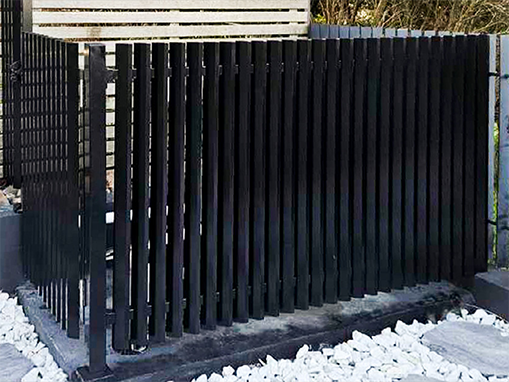Heart attack lockdown deaths up 40pc as ‘stay at home’ advice may have backfired, says research
Prof Chris Gale, professor of cardiovascular medicine at the University of Leeds, and senior author of the study, added: “This national picture provides evidence for the devastating impact that the Covid-19 pandemic has had on people’s lives.”
“Notably, we have not seen a return to the normal rates of admissions with heart attack. This means that people may still be delaying seeking help.
“The fact that the public delayed seeking help for heart attacks will no doubt be seen in high excess deaths and new diagnoses of heart failure in subsequent weeks and months.
“It was not the case that people were not having heart attacks – they were just deciding not to go to hospital. Some were undoubtedly heeding the message to stay at home, others might have been afraid of picking up the virus in hospital or were trying to shield because they had other conditions.
“A heart attack is a medical emergency and if people do not seek help, they die or go on to develop heart failure.”
The heightened death rate for those with the most common type of heart attack may also have been fuelled by the fact some patients had coronavirus, researchers said.
The study showed that during the crisis, the vast majority of patients attending hospital because of a heart attack received the treatment which they would normally have received.
However, around three per cent of those having an NSTEMI heart attack did not have coronary angiography, the normal technique used to pinpoint where blood vessels are obstructed.
The study was published in the European Heart Journal – Quality of Care and Clinical Outcomes.








